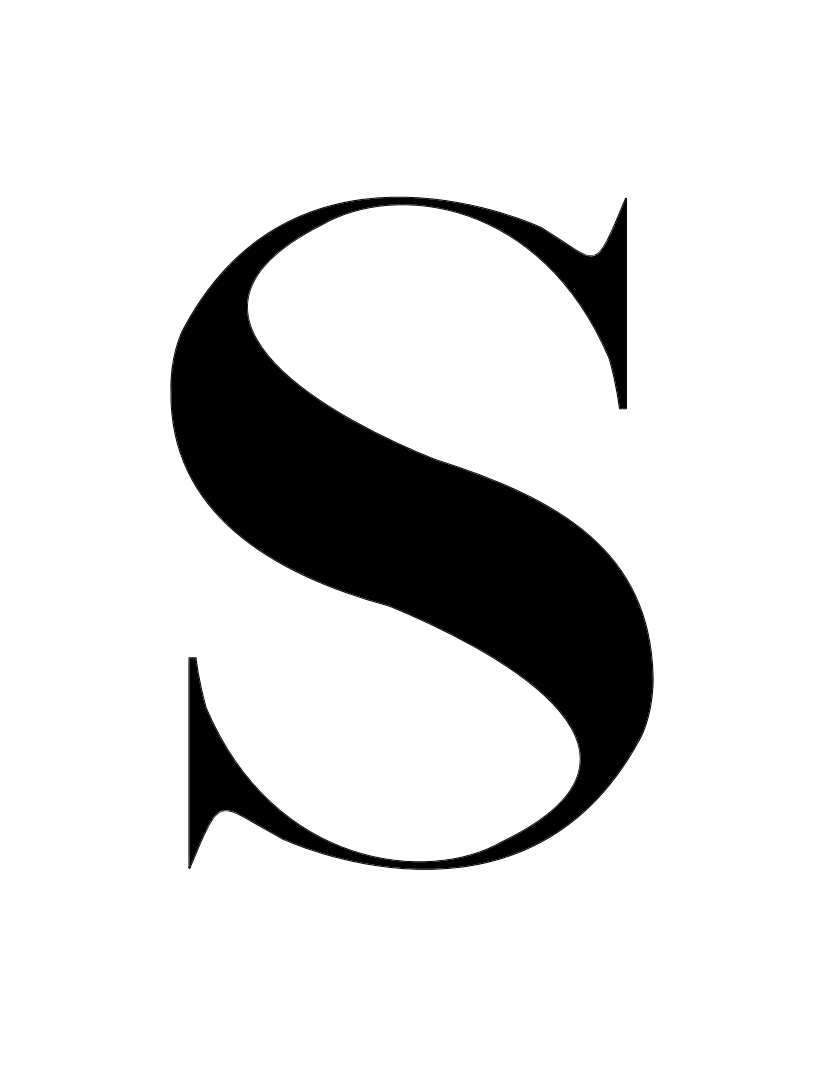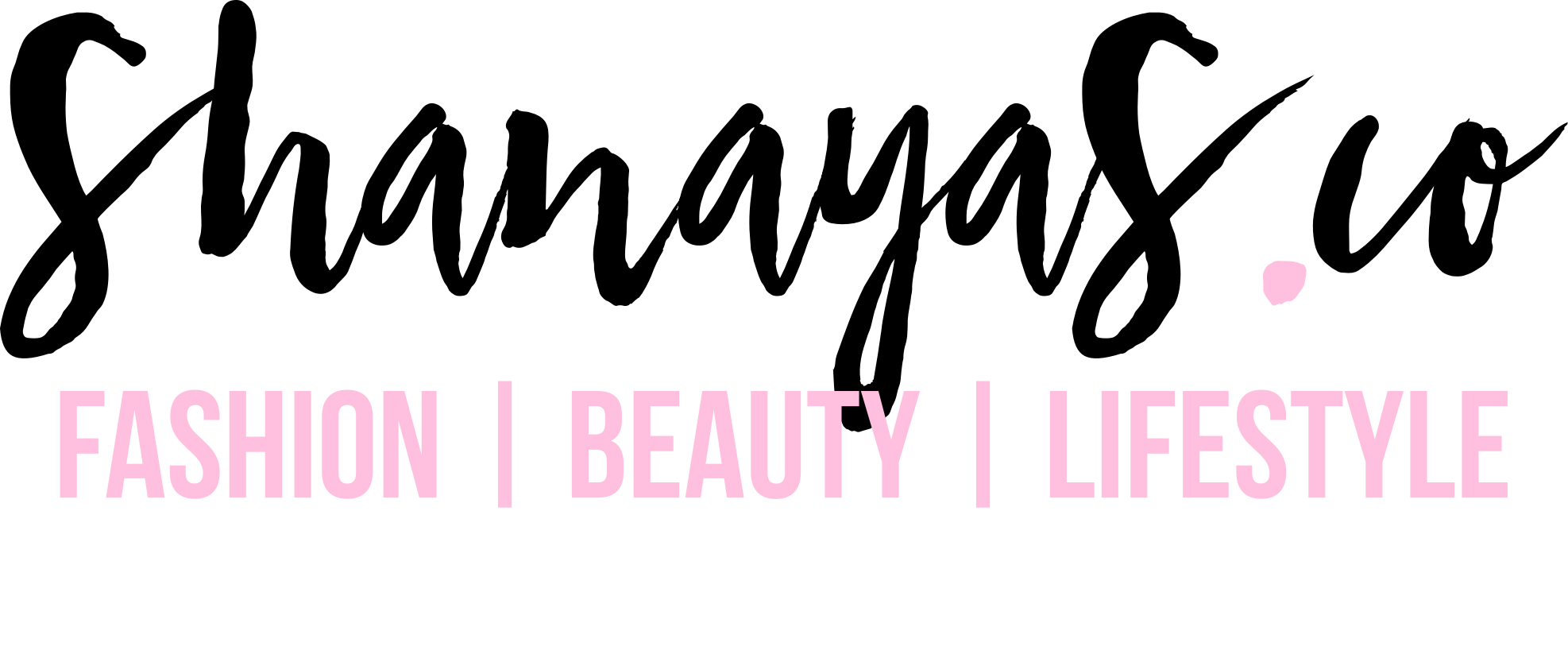‘Mind-set’ means: ‘a mental attitude or inclination’ and there are many leanings in my holy grail (productivity) book, “The One Thing” that have changed my mindset. If you’ve read the two preceding posts in this series, you already know some of the broader principles covered in the book, but I’m going to briefly highlight them here too: multitasking will make you inefficient, things don’t matter equally and a balanced life is a lie.
The reason why multitasking is so detrimental is because every time we switch between tasks, (that are using the same part of the brain, for example having a conversation and reading a book) it takes very long for your brain get back to the same place with the first task. Thus, we lose flow and make ourselves less efficient. Things don’t matter equally because there is always something more important, or time sensitive. You maybe able to bounce work around, but you must be aware when it comes to your relationships, integrity and health. This also ties into balance. One has to put in the time it takes to complete a certain task (your one thing) even if that means altering your routine.
The mindset change I haven’t yet covered in this productivity series is from the chapter, “Big is Bad”. It debunks the notion that thinking big is a bad thing. “I’m getting a little ahead of myself” we say when we have a far-fetched thought. The authors of The One Thing recommend not limiting your thoughts to the present, and if you have a far-fetched idea, write it down somewhere and move on. They give examples of J.K. Rowling, who envisioned seven years of Hogwarts before penning the first chapter of the series. Sam Walton, (who started Walmart) set up his future estate plan to minimize tax very early on, saving his family 11 to 12 billion in estate taxes.
“The only action that become springboards to succeeding big are those informed by big thinking to begin with”
Carol S. Dweck (psychologist in Stanford) has spent decades studying the relationship between our self conception and our actions, and thinking big is a big deal! She found that there are two types of students, ‘growth’ minded and ‘fixed’ minded, the growth minded students, “employ better learning strategies, experience less helplessness, exhibit more positive effort, and achieve more in the classroom than their fixed minded peers.” Therefore, you’re setting yourself up for failure by saying you can’t do a certain thing. Even though a fixed mindset sounds like something you’re stuck with, its not. If you practice being more growth minded, like any other activity it will become a habit!
Another important learning is about the entrepreneurial approach and the purposeful approach. The entrepreneurial approach is you going about doing something the way you’ve always being doing it and a purposeful approach is implemented when you reach a certain ceiling of achievement. For instance, typing fast, unless you train yourself to type faster, you will be typing at the same speed you did when you first got good at typing. When you’re going about pursuing your one thing, it is important to break through this ceiling of limitation by employing better systems and models so that you can push through.
They (people that employ the ‘purposeful approach) pause long enough to examine their options, they pick the best one, and their right back at it.
I hope this series helped you guys feel better about work and it goes without say, I recommend this book to anyone looking for a good productivity read.









